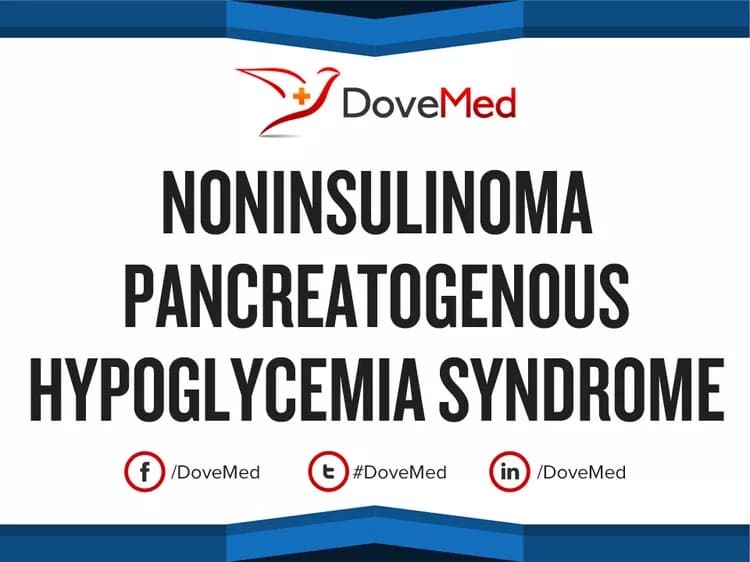
Noninsulinoma Pancreatogenous Hypoglycemia Syndrome (NIPHS)
The topic Noninsulinoma Pancreatogenous Hypoglycemia Syndrome (NIPHS) you are seeking is a synonym, or alternative name, or is closely related to the medical condition Nesidioblastosis.
Quick Summary:
- Nesidioblastosis is a pancreatic condition caused by increased levels of insulin-like growth factor II (a vital growth protein), due to abnormal function of the pancreas. This increased level is caused by hyperplasia and dysplasia of beta cells of pancreas
- The condition causes increased amounts of insulin in blood that result in decreased blood glucose (which is termed as hyperinsulinemic hypoglycemia). Nesidioblastosis is typically seen in children, though it may affect adults too
- The risk factors for the condition include chronic pancreatitis, multiple endocrine neoplasia types 1 and 2, and individuals who have undergone gastric bypass surgery
- Due to Nesidioblastosis, the individual may have signs and symptoms that include dizziness, blurred vision, abdominal pain, increased urination frequency, and even unconsciousness. It can also cause metabolic dysfunction and brain damage (if severe)
- The treatment of Nesidioblastosis may involve medications and surgery (either a partial or total pancreatectomy). However, the benefits of a surgery are limited
- The prognosis depends upon many factors, most importantly on the severity of the condition and the patient’s response to treatment. Although, in majority of the cases, the prognosis of Nesidioblastosis is good
The pancreas is an important organ of the digestive system.
- Based on function of the pancreas, it can be functionally divided into 2 parts, namely:
- Exocrine pancreas, which produces digestive enzymes, and
- Endocrine pancreas that produces hormones such as insulin, glucagon, and somatostatin. Insulin and glucagon helps with controlling sugar levels in blood
- 95% of the pancreas is exocrine portion and 5% is endocrine portion. Pancreatic tumors (both benign and malignant) can arise from both the exocrine and the endocrine part
- Based upon anatomy of the pancreas, it can be divided into 3 main parts, namely the:
- Head,
- Body, and
- Tail
- Pancreatic tumors can affect the head, body, and tail region of the pancreas. Some tumors can affect one area of the pancreas more than the other areas.
Hence, localizing the tumor site can guide the healthcare provider to arrive at a probable diagnosis.
Please find comprehensive information on Nesidioblastosis regarding definition, distribution, risk factors, causes, signs & symptoms, diagnosis, complications, treatment, prevention, prognosis, and additional useful information HERE.
Related Articles
Test Your Knowledge
Asked by users
Related Centers
Related Specialties
Related Physicians
Related Procedures
Related Resources
Join DoveHubs
and connect with fellow professionals

0 Comments
Please log in to post a comment.